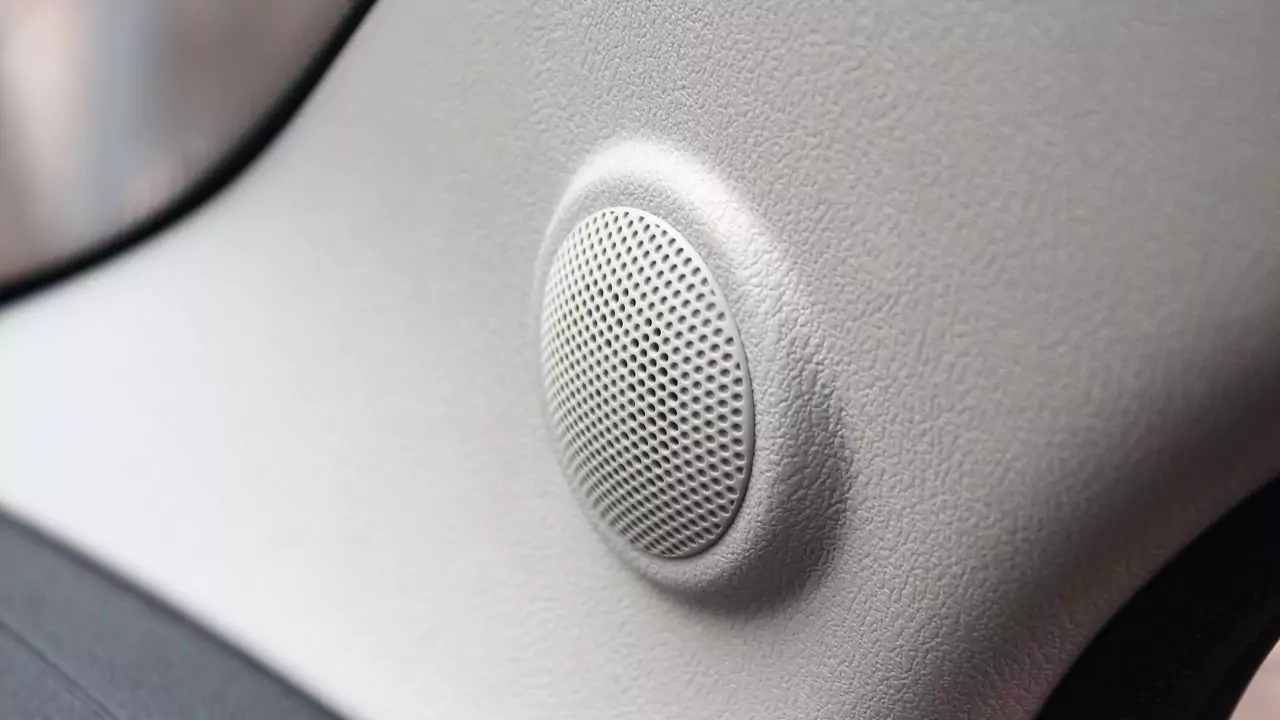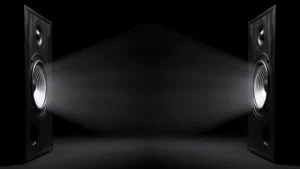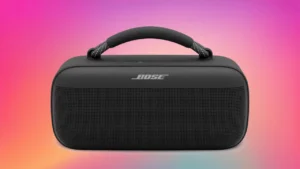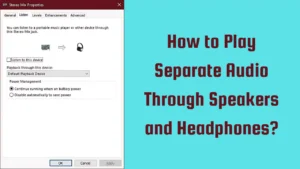If you are hearing crackling noises from your car speakers, you might be wondering what is causing them and how to fix them. Crackling speakers can ruin your listening experience and damage your speakers over time.
In this article, we will explain the common causes of crackling car speakers and the steps you can take to fix them.
In This Article:
Common Causes of Crackling Car Speakers
There are several possible reasons why your car speakers are crackling, such as:
- Loose connections: If the wires or terminals that connect your speakers to the head unit or amplifier are loose, they can cause intermittent or poor contact, resulting in crackling sounds.
- Worn out speaker wires: Over time, the insulation of the speaker wires can wear out or get damaged by heat, moisture, or friction. This can expose the bare wires and create short circuits or interference, leading to crackling noises.
- Poor radio signal: If you are listening to FM or AM radio, you might experience crackling sounds due to weak or distorted radio signals. This can happen if you are in a remote area, near tall buildings, or under bridges. The quality of the radio antenna and the tuner can also affect the radio reception.
- Debris buildup: Dust, dirt, or other debris can accumulate on the speaker cones, grills, or magnets, affecting the sound quality and causing crackling sounds. This can happen if you do not clean your speakers regularly or if you expose them to harsh environments.
- Faulty amplifier or voice coil: If the amplifier that powers your speakers is faulty or overheating, it can produce distorted or clipped signals, resulting in crackling sounds. Similarly, if the voice coil of your speaker is damaged or burned out, it can cause crackling sounds or no sound at all.
Steps to Fixing Crackling Car Speakers
Depending on the cause of the crackling sounds, you can try the following steps to fix your car speakers:
Check and Secure Connections
The first thing you should do is to check the connections of your speakers to the head unit or amplifier. Make sure the wires are not loose, frayed, or corroded. Tighten or replace any loose or faulty terminals or connectors. Use electrical tape or heat shrink tubing to cover any exposed wires.
Clean Speaker Components
The next thing you should do is clean your speaker components, such as the cones, grills, or magnets. Use a soft brush, a microfiber cloth, or a vacuum cleaner to remove any dust, dirt, or debris from the speaker surfaces. Be careful not to damage the speaker components or apply too much pressure. You can also use a mild detergent or alcohol to wipe off any stains or grease.
Improve Radio Signal
If you are listening to the radio, you can try to improve the radio signal by changing the station, adjusting the antenna, or moving to a different location. You can also upgrade your radio antenna or tuner to get better radio reception and sound quality.
Replace Damaged Parts
If the crackling sounds persist, you might need to replace some damaged parts, such as the speaker wires, the amplifier, or the voice coil. You can use a multimeter or a speaker tester to check the continuity and resistance of the speaker wires and the voice coil. If they are broken or out of range, you need to replace them. You can also check the amplifier for any signs of damage or overheating, such as blown fuses, burned components, or melted wires. If the amplifier is faulty, you need to replace it or get it repaired by a professional.
Use High Pass Filters
Another way to fix crackling car speakers is to use high pass filters, which are devices that block low-frequency sounds from reaching your speakers. Low-frequency sounds can cause distortion or clipping, resulting in crackling sounds. By using high pass filters, you can protect your speakers from low-frequency sounds and improve the sound quality. You can install high-pass filters between the head unit and the amplifier or between the amplifier and the speakers.




